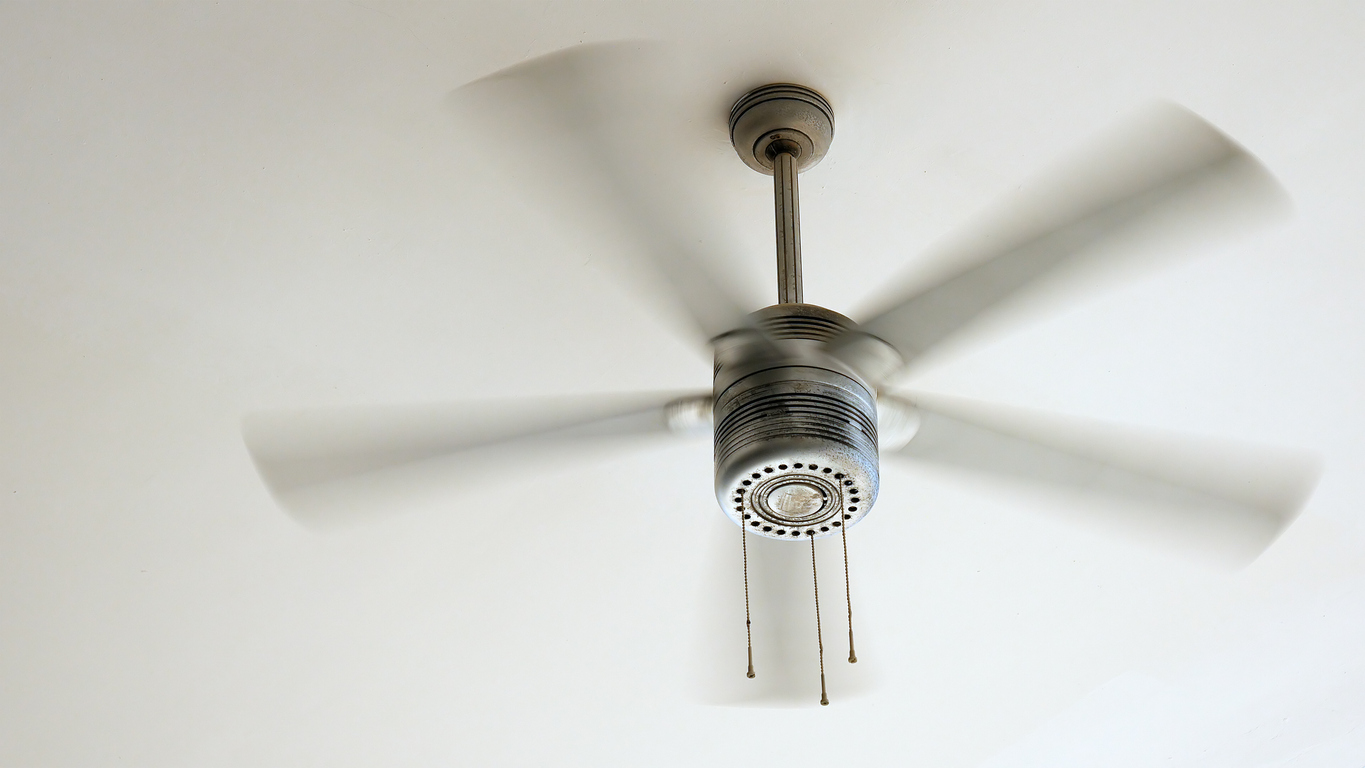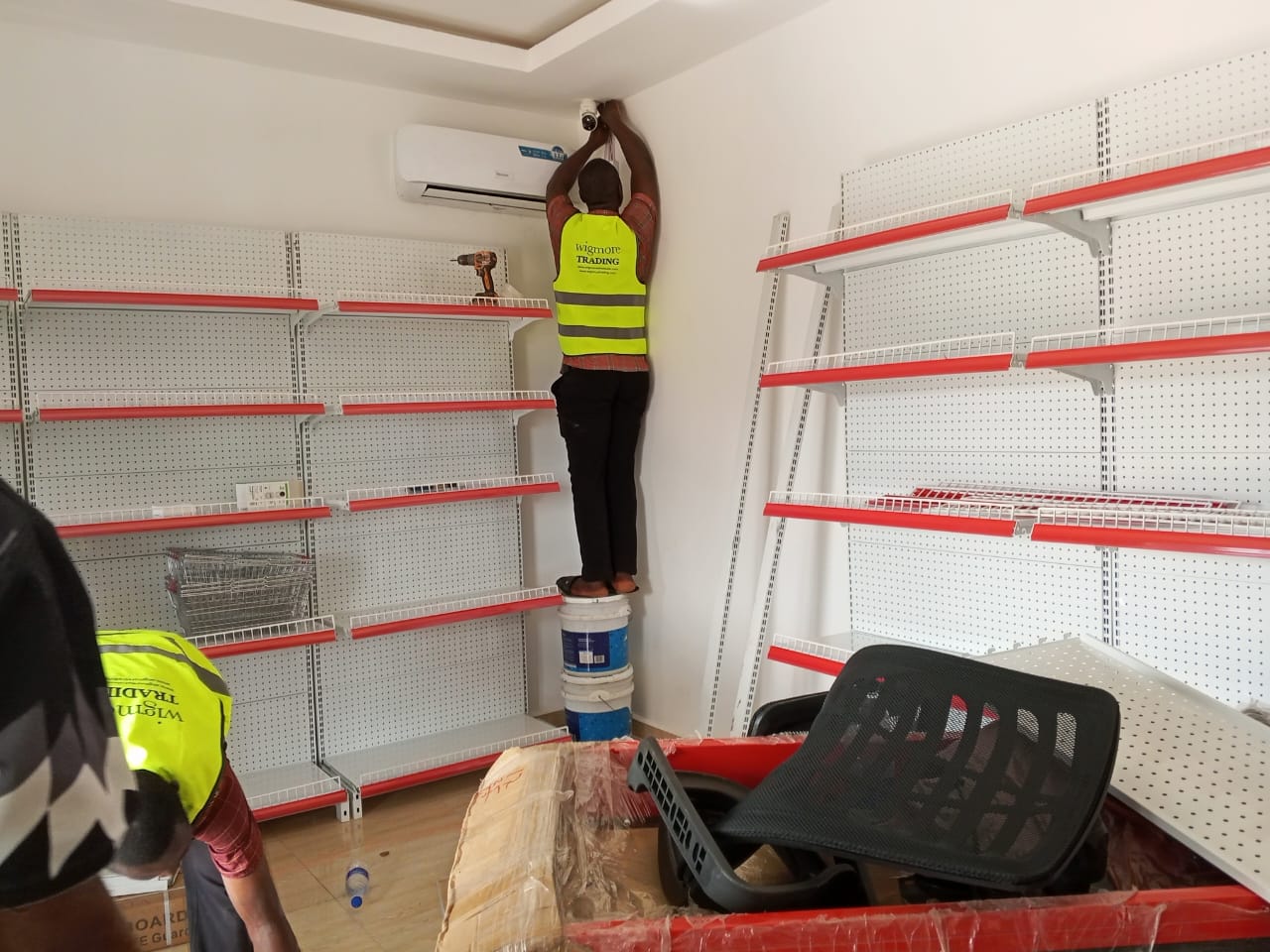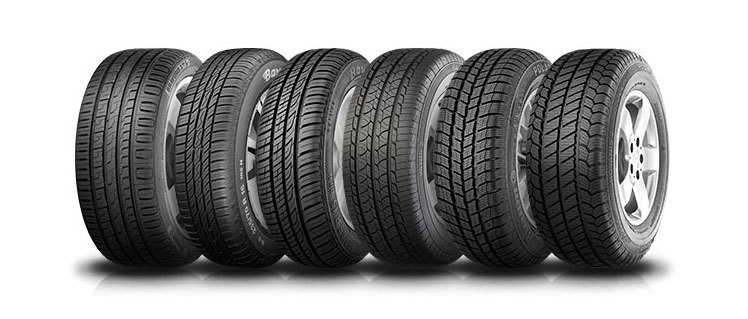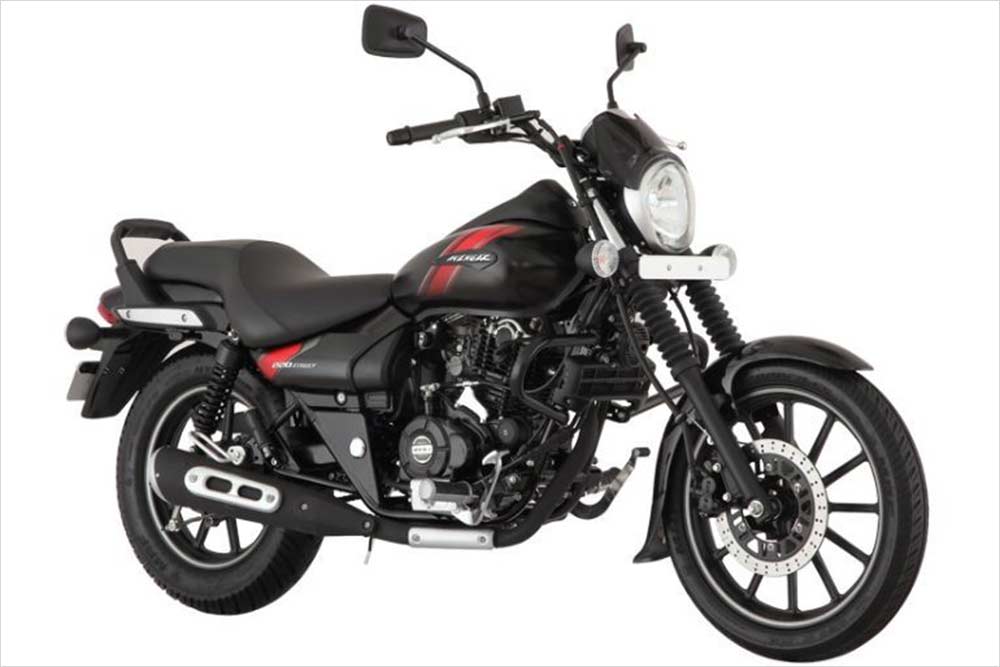Best Ceiling Fan Installation Services in Nigeria
Best Ceiling Fan Installation Services in Nigeria
Installing a ceiling fan is not as straightforward as it might seem. It’s not just about hanging the fan from the ceiling and switching it on. This is because there are factors that need to be taken into consideration before you set about installing a ceiling fan in your home or business premises. The type of ceiling, lighting, accessibility, and location of electrical wires all need to be understood before you install a ceiling fan. Furthermore, there are different types of ceiling fans with their own set of installation requirements. If you’re considering installing a new ceiling fan in your home, here is some useful information on the best ceiling fan installation services in Nigeria Read more…
What to look out for when hiring a ceiling fan installation service
Hiring a ceiling fan installation service is relatively straightforward. But, there are a few factors you might want to consider before you do so. First, check the credentials of the ceiling fan installation service provider. You can do this by checking online reviews and talk to their previous customers to see if they can recommend them. The next thing to look out for is insurance coverage. If anything goes wrong during installation, you want to make sure you have coverage for repairs or replacements. Another important factor is if the service provider can work with your specific type of ceiling fan. If not, they may not be able to install it correctly, which will cause you more headaches in the future. The final thing to look out for is the cost of the installation service. Ceiling fan installation costs vary depending on where you live.
How to Install a Ceiling Fan
Installing a ceiling fan is not an easy task. It requires you to work with electrical wiring, which can be pretty dangerous if done incorrectly. Before you begin installing a ceiling fan, turn off the power supply to the area where you’re installing the fan. You can then begin the installation process. To start, place the fan blades on the motor unit and mark where you want to make the holes for the screws. You can use a pencil to do this. Next, take a drill and make holes where you marked them. Then, screw the blades onto the motor unit with a screwdriver. You can then install the canopy and blades on the mounting bracket and lastly, connect the wires to the fan unit. Let your fan run for about 10 minutes before you switch on the power switch.
Types of Ceiling Fans
There are two main types of Ceiling Fans namely – – Direct-drive Ceiling Fans – Direct-drive ceiling fans come with a built-in speed controller that allows you to set the speed of the fan manually. This type of ceiling fan is best for areas where you don’t want to control the fan from a remote. – Belt-drive Ceiling Fans – Belt-drive ceiling fans have a remote control that allows you to adjust the speed of the fan as well as change the direction of the fan. This type of ceiling fan is best for areas where you want to have remote control over the fan.
Key Differences between Types of Ceiling Fans
As we saw above, there are two main types of ceiling fans – direct-drive and belt-drive. Here are some of the key differences between the two types of ceiling fans. – Direct-drive Ceiling Fans – As we saw above, direct-drive ceiling fans come with a built-in speed controller. This type of fan is perfect for low ceilings. – Belt-drive Ceiling Fans – On the other hand, belt-drive ceiling fans come with a remote control. This type of fan is best for high ceilings.
How to Choose the Right Type of Ceiling Fan for Your Home or Business
If you’re buying a ceiling fan, you need to consider a few things before you buy one. The first thing to consider is the size of the room that you’re installing the fan in. If it’s a large room, you’re better off installing a big ceiling fan. If you’re installing a ceiling fan in a living room or dining room, a smaller ceiling fan is better. Another thing to consider is whether you’re installing the ceiling fan in a high or low ceiling. If you’re installing it in a high ceiling, you can go with a belt-drive fan. If you’re installing it in a low ceiling, a direct-drive fan is a better option. Furthermore, you need to consider how often you’re using the room where you’re installing the ceiling fan. If it’s a room you use often, you’re better off installing a high-speed ceiling fan. If it’s a room that’s used occasionally, a lower-speed ceiling fan will do.
Wrapping up
Ceiling fans are one of the best ways to keep your home or business cool during the summer months. However, installing a new ceiling fan can seem like a daunting task. If you don’t know how to do it, you might want to hire a service to do it for you. There are a few things to consider when hiring a ceiling fan installation service. You need to make sure you hire a reputable service, that offers insurance and works with your specific type of ceiling fan. Moreover, you need to consider the size of the room and the speed of the fan you’re installing.








LEAVE A COMMENT
You must be logged in to post a comment.